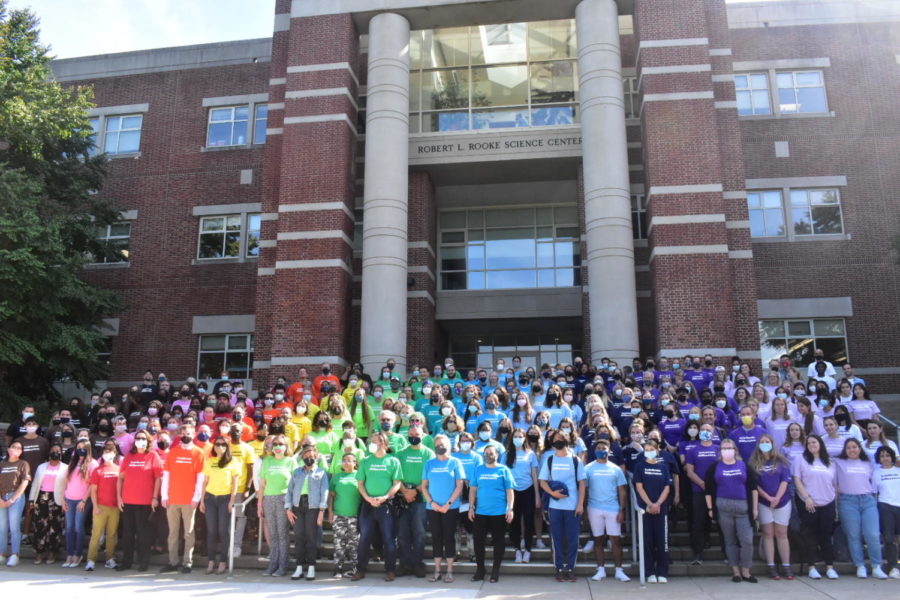By Shannon Beauregard
University President John Bravman announced the implementation of a new medical amnesty policy in an email to the University community on Aug. 1.
“The University hopes that the new policy will encourage students to make immediate medical emergency phone calls when their fellow students are intoxicated and unable to help themselves,” Dean of Students Susan Lantz said.
Unlike the previous rule, the new policy eliminates the one-amnesty limit. A student is able to receive emergency medical attention numerous times without penalty. No points or fines will be allocated when a student is reported by a friend to be dangerously intoxicated. Additionally, if a student requires medical attention due to alcohol abuse during a team or club event, the organization will not be penalized for reporting that student. The parents of students that require emergency services will still be notified and be referred to an Alcohol and Other Drugs Counselor.
Under the old policy, an intoxicated student was allowed one opportunity to receive medical attention without severe consequences. The first time a student was reported to be dangerously intoxicated by a fellow student, the intoxicated student received one point, a $25 fine, and was referred to an Alcohol and Other Drugs counselor. After a second incident, the intoxicated student faced more severe penalties including suspension or expulsion.
“The University recognized that the old policy had the potential to discourage students from contacting us when the safety of another student was at stake. Now that students do not have to worry about getting points in those situations, we hope we’ve made the decision to immediately call us for help an easier one,” Chief of Public Safety Steve Barilar said.
The new policy prioritizes the health and safety of students above all else.
“[If] someone is in trouble, call for help–please,” Bravman said.
This policy was changed partly because of the University’s participation in the National College Health Improvement Project (NCHIP) Learning Collaborative on High-Risk Drinking (commonly called the NCHIP Collaborative),started by Dartmouth in 2011.
“It became clear from our conversations at NCHIP learning sessions and from our research that institutions were ensuring that they had policies (including amnesty) and practices in place to encourage students to reach out for assistance,” Lantz said.






















